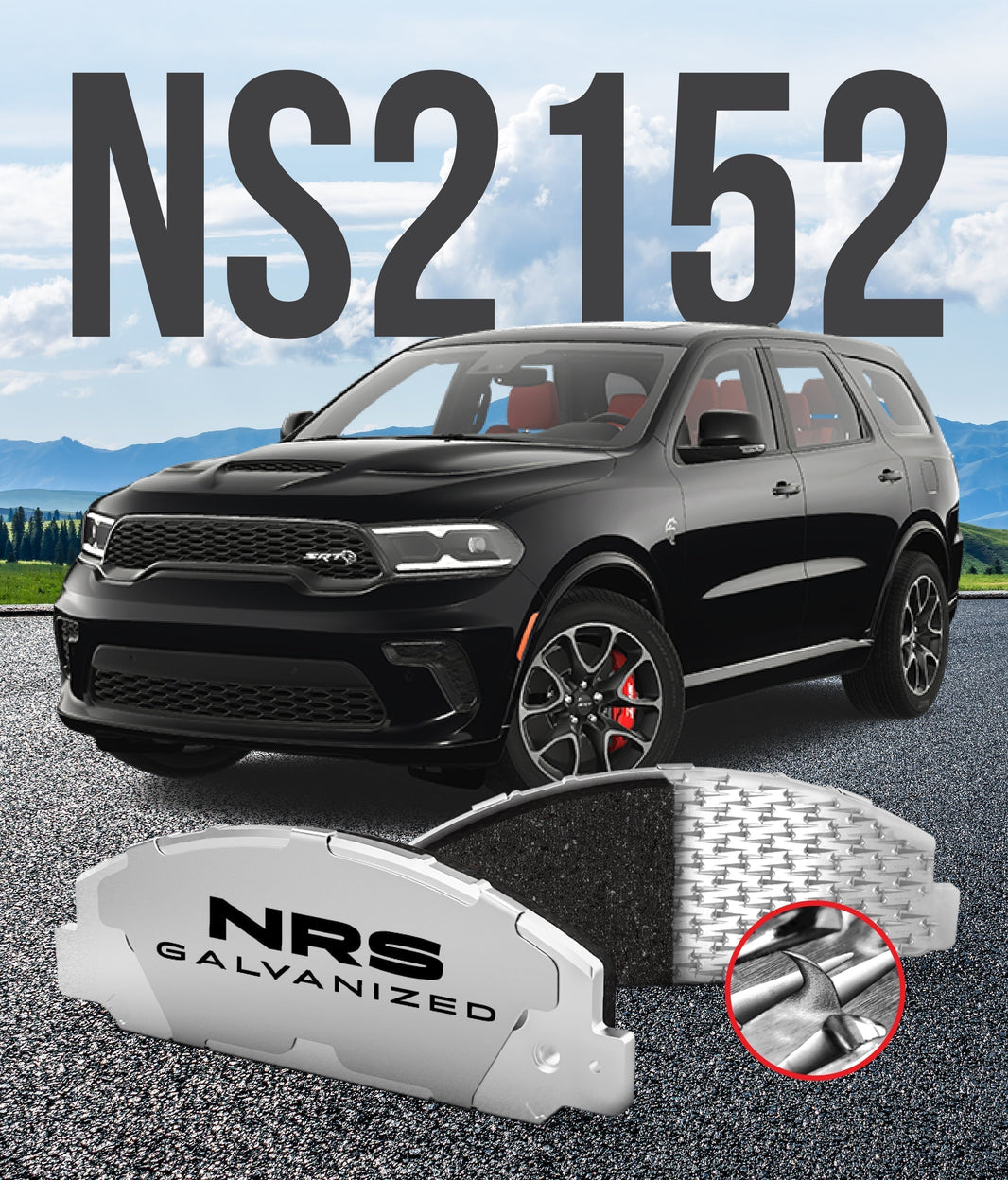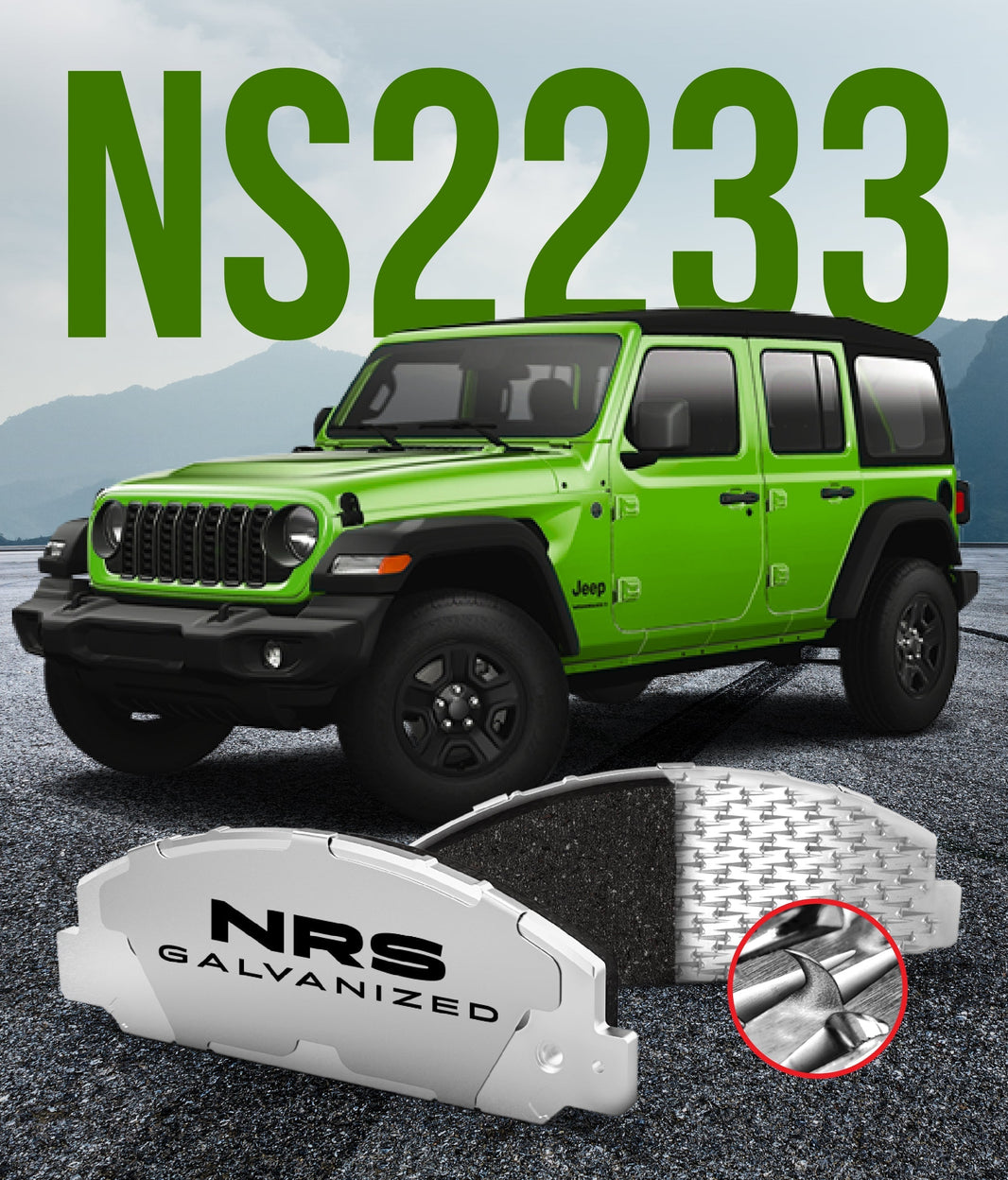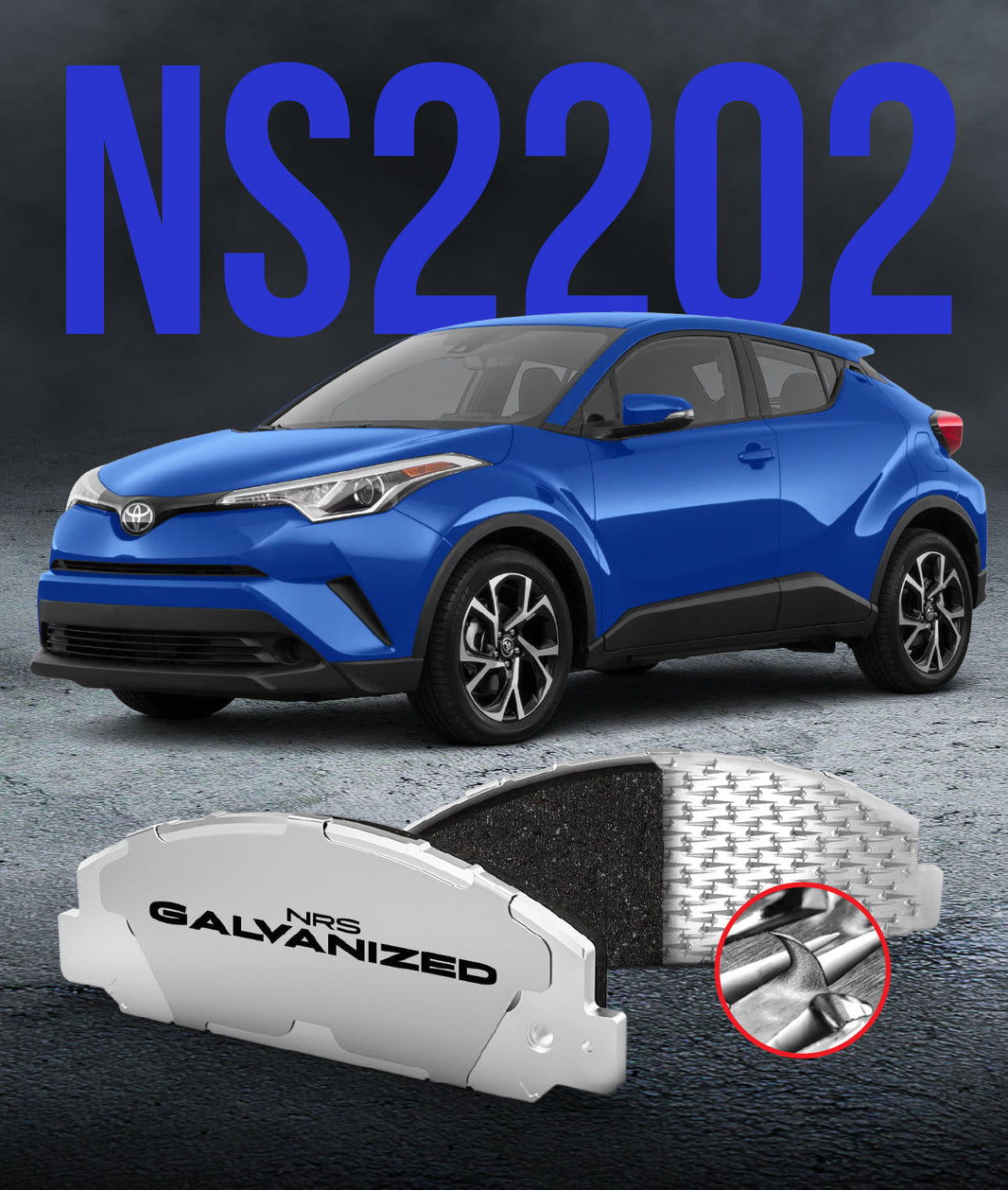
Winter in the northern US and Canada is not exactly known for being gentle. We deal with snow, ice, slush, and, perhaps most insidiously, road salt. While salt helps keep our roads safer, it wreaks havoc on our vehicles, and your brake pads are particularly vulnerable. This constant barrage can lead to corrosion.
This article explains the serious threat winter poses to traditional brake pads. It introduces a solution: galvanized steel. We will explore how galvanizing protects your brakes, extends their lifespan, and ultimately keeps you safer on those challenging winter roads. Are you ready to winterize your understanding of brake pad technology?
The Corrosive Reality: Winter's Assault on Your Brakes
Winter driving conditions present a unique set of challenges for your vehicle's braking system. It is not just the reduced traction from snow and ice. It is the constant exposure to corrosive elements that can significantly degrade your brake pads. The main culprit? Road salt.
Road salt, while effective at melting ice, is highly corrosive to metal. When salt spray gets onto your brake pads, it initiates a chemical reaction that leads to rust. This rust weakens the structural integrity of the pads, reducing their effectiveness and lifespan. Think of it like termites eating away at the foundation of a house. The damage might not be immediately visible, but it's steadily undermining the structure.
The Rust Problem: Weakening Your Stopping Power
Rust on brake pads is not just a cosmetic issue. It directly impacts your safety. As rust builds up on the backing plate of the pad, it can cause several problems.
The rust creates an uneven surface. This uneven surface reduces the contact area between the pad and the rotor. This reduced contact area diminishes the friction needed for effective braking, leading to longer stopping distances. In severe cases, rust can cause the friction material to separate from the backing plate entirely, a dangerous condition known as delamination. Imagine trying to stop your car with only half of your brake pad actually working.
Galvanized Steel: A Shield Against Winter's Wrath
So, how do you protect your brake pads from this corrosive onslaught? The answer lies in a process called galvanization. This is where the steel backing plate of the brake pad is coated with a layer of zinc.
Galvanization provides a protective barrier against rust. The zinc coating acts as a sacrificial layer, corroding instead of the underlying steel. This prevents the rust from reaching the critical components of the brake pad, preserving its structural integrity and performance. Think of it as a bodyguard for your brake pads, taking the hit so the pad itself remains unharmed.
Galvanized vs. Unprotected Painted: A Tale of Two Brake Pads
The difference between galvanized and unprotected painted brake pads, especially in winter conditions, is substantial. It is not just about longevity. It's about consistent performance and safety.
Painted brake pads are essentially unprotected as paint will chip and the steelwill be exposed to the constant barrage of salt and moisture. Painted brake pads will begin to rust relatively quickly. This rust, as we've discussed, leads to reduced braking power, uneven wear, and the potential for delamination. Galvanized brake pads, on the other hand, resist this corrosion, maintaining their integrity and performance for a much longer period. This means you will not have to replace them as often, saving you money and hassle.
The Long-Term Benefits: Safety and Savings
Choosing galvanized winter brake pads is an investment in both safety and your wallet. The extended lifespan of these pads means fewer replacements, reducing both parts and labor costs over time. More time between brake jobs.
More importantly, galvanized pads provide consistent, reliable braking performance throughout their lifespan, even in harsh winter conditions. This consistent performance translates to shorter stopping distances and greater control on slippery roads, reducing the risk of accidents. You're not just buying brake pads; you're buying peace of mind, knowing that your brakes are prepared to handle whatever winter throws your way. It's like having an extra layer of insurance on your car.
Choosing NRS: Your Winter Braking Solution
This article has highlighted the dangers of winter corrosion and the protective power of galvanized steel. We also illustrated the different types of issues corrosion can have on your brake pads. By choosing galvanized brake pads, you're making a smart choice for your safety, your vehicle, and your budget.
We at NRS Brakes are committed to providing Canadian drivers with the Best Brake Pads for all seasons, especially winter. Our galvanized brake pads are specifically designed to withstand the corrosive effects of road salt, providing long lasting performance and reliable stopping power. Explore our website today and discover how NRS Brakes can help you conquer winter roads with confidence. We are ready for the challenge, are you?




